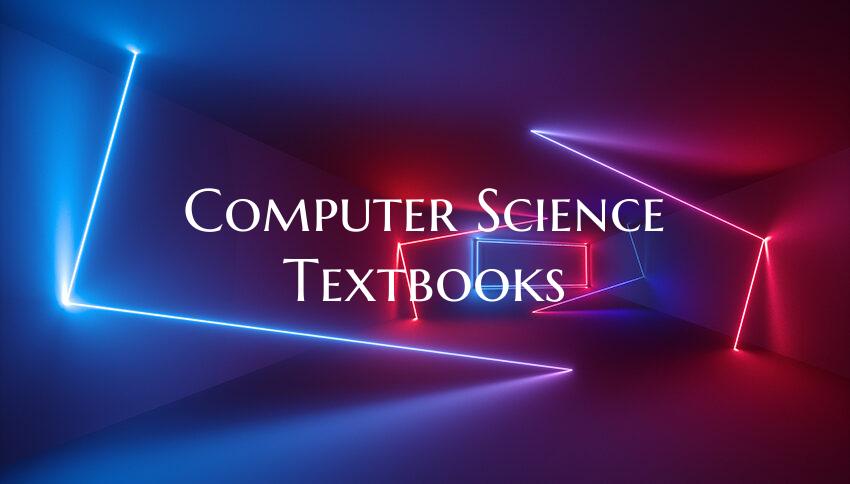Computer Science Textbooks
When it comes to studying computer science, having the right textbooks is key to gaining a solid understanding of the subject matter. With a plethora of options available, selecting the best computer science textbooks can be a daunting task. To make the process easier for you, we have compiled a comprehensive guide to help you choose the most suitable textbooks for your learning needs.
1. Understand Your Learning Goals: Before selecting a computer science textbook, it is crucial to define your learning goals. Identify the specific topics you wish to explore and the level of expertise you aim to achieve. Whether you are a beginner looking for an introductory text or an experienced programmer seeking advanced knowledge, clarifying your objectives will guide you in choosing the right textbooks.
2. Check the Author's Credentials: Look for textbooks written by authors who are experts in the field of computer science. Authors with academic or industry experience in computer science are more likely to provide comprehensive and accurate information in their textbooks. Research the author's background and credentials to ensure that you are learning from a reputable source.
3. Review the Table of Contents: A textbook's table of contents can give you a good overview of the topics covered and the depth of the material. Check if the textbook aligns with your learning goals and covers the specific areas of computer science that interest you. A well-organized table of contents is indicative of a structured and coherent textbook.
4. Consider the Level of Difficulty: Computer science textbooks come in various levels of difficulty, ranging from beginner to advanced. Choose a textbook that matches your current knowledge and skill level. For beginners, textbooks that provide a gentle introduction to programming concepts are ideal, while advanced learners may benefit from textbooks that delve into complex algorithms and data structures.
5. Read Reviews and Recommendations: Before purchasing a computer science textbook, read reviews and recommendations from other students, educators, and professionals in the field. Look for feedback on the clarity of explanations, the relevance of examples, and the overall effectiveness of the textbook in facilitating learning. Peer reviews can provide valuable insights into the quality of the textbook.
6. Consider Supplementary Resources: Some computer science textbooks come with supplementary resources such as online tutorials, practice problems, and interactive learning tools. These additional resources can enhance your learning experience and reinforce your understanding of the material. When selecting a textbook, consider the availability of supplementary resources that can support your learning.
By following these guidelines, you can select the best computer science textbooks that cater to your learning needs and help you achieve your academic and professional goals. Remember that the right textbooks can serve as invaluable resources in your journey to mastering the diverse and dynamic field of computer science.

